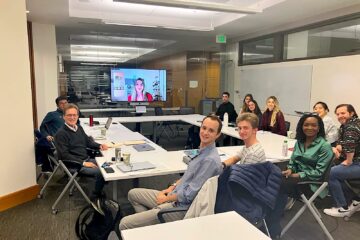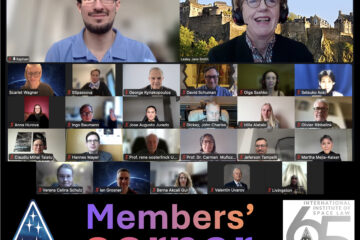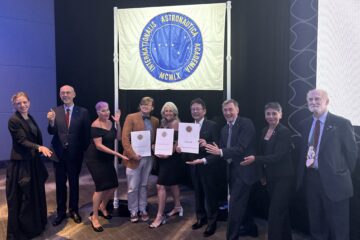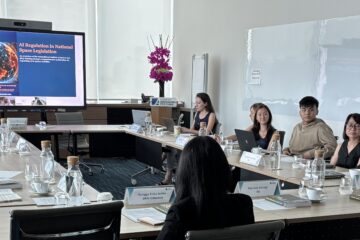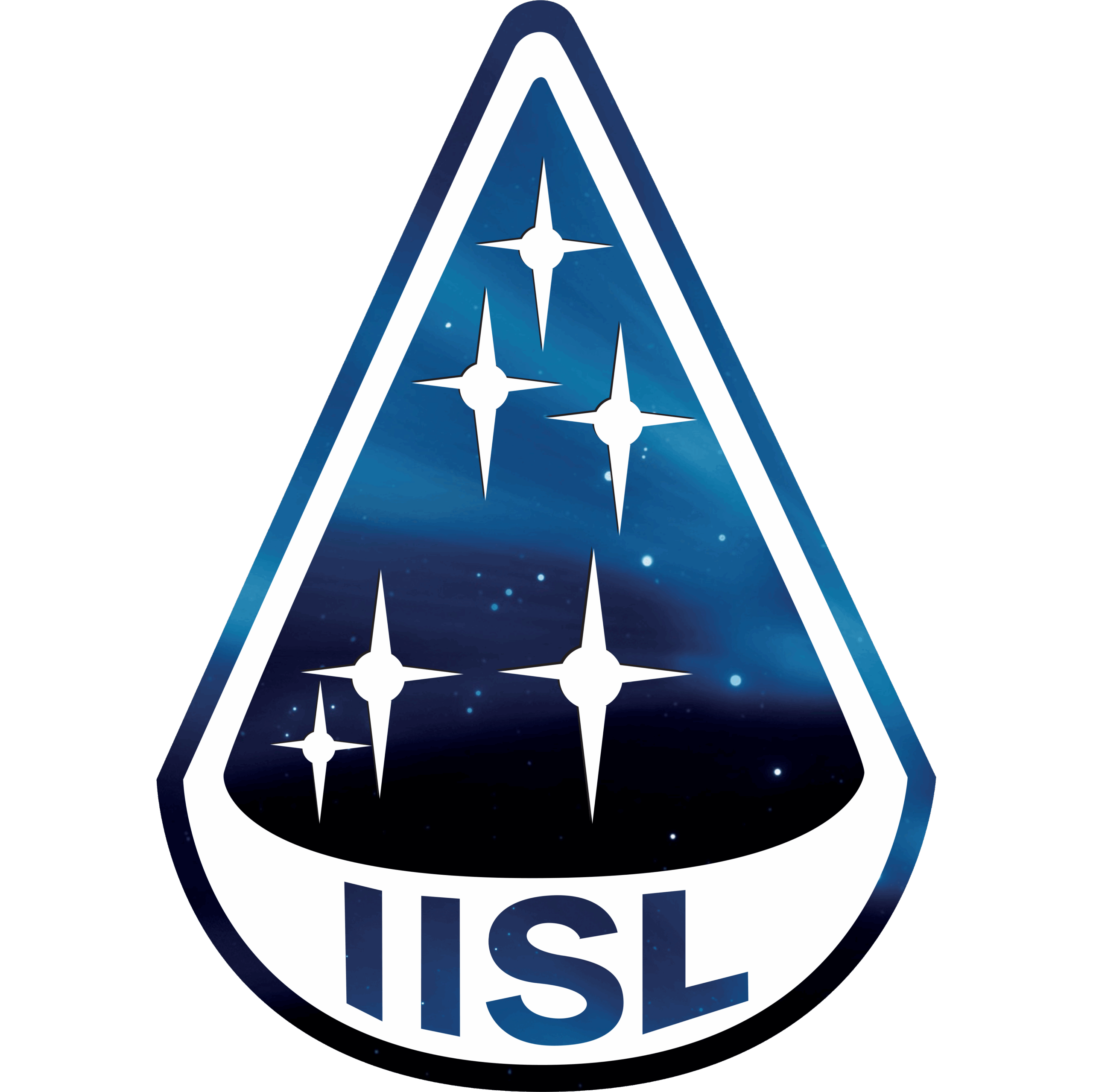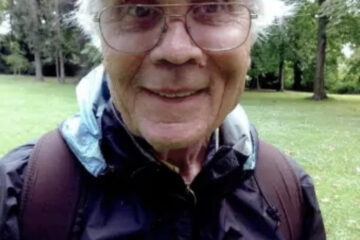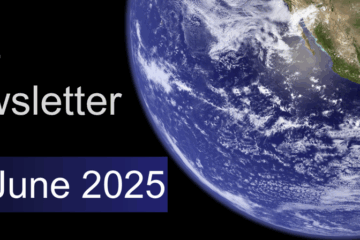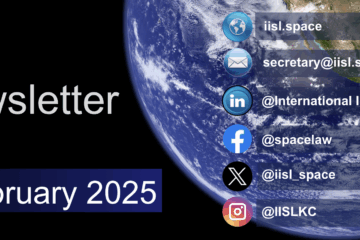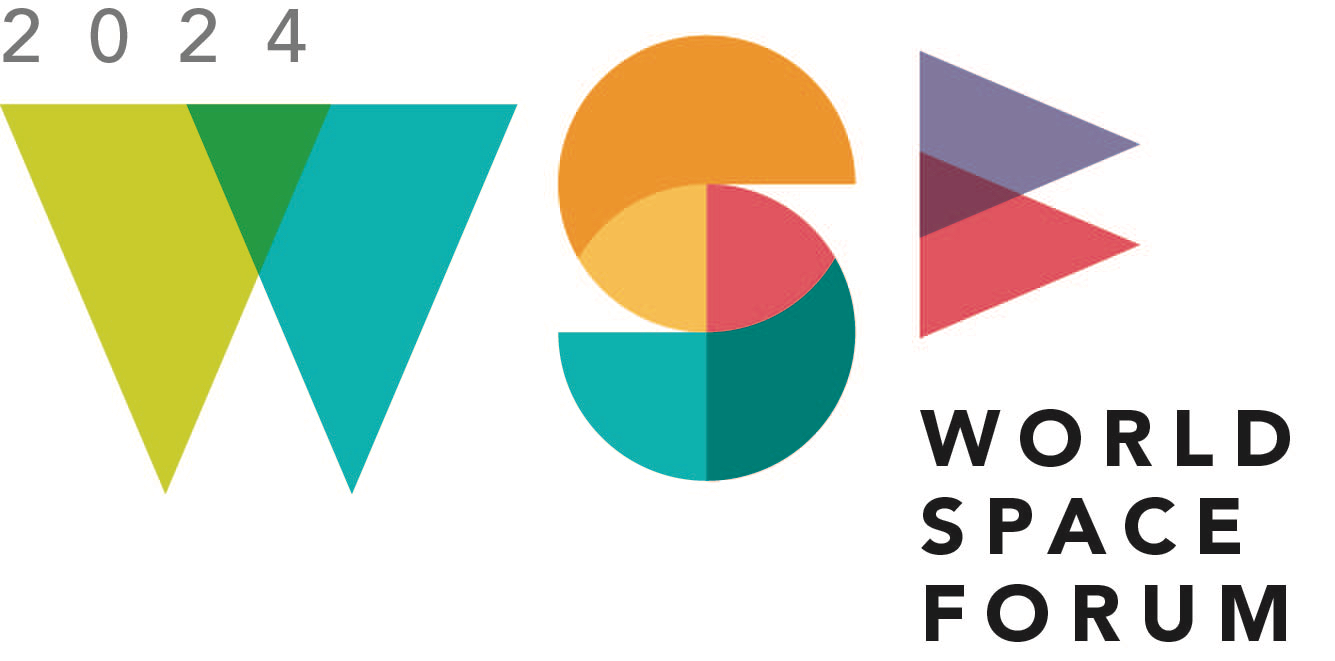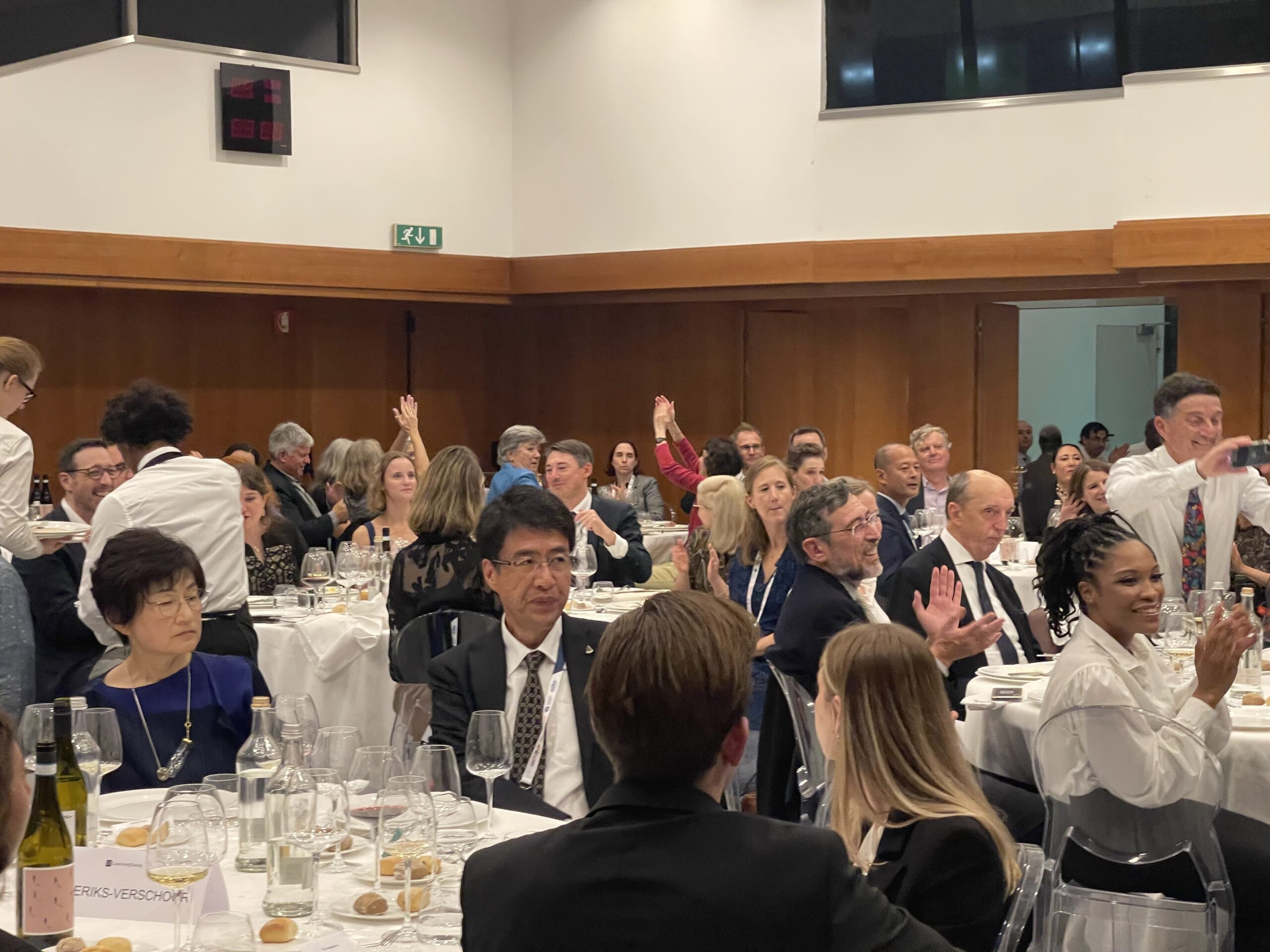IISL Working Group on AI in Space Featured in Stanford Law School Policy Lab
The International Institute of Space Law (IISL) Working Group on the Legal Aspects of Artificial Intelligence in Space was recently featured as a core component of Stanford Law School’s Space Law & Policy Lab, “Governing Autonomous & AI-Enabled Systems in Outer Space,” a two-quarter policy lab advising The Aerospace Corporation, Read more
